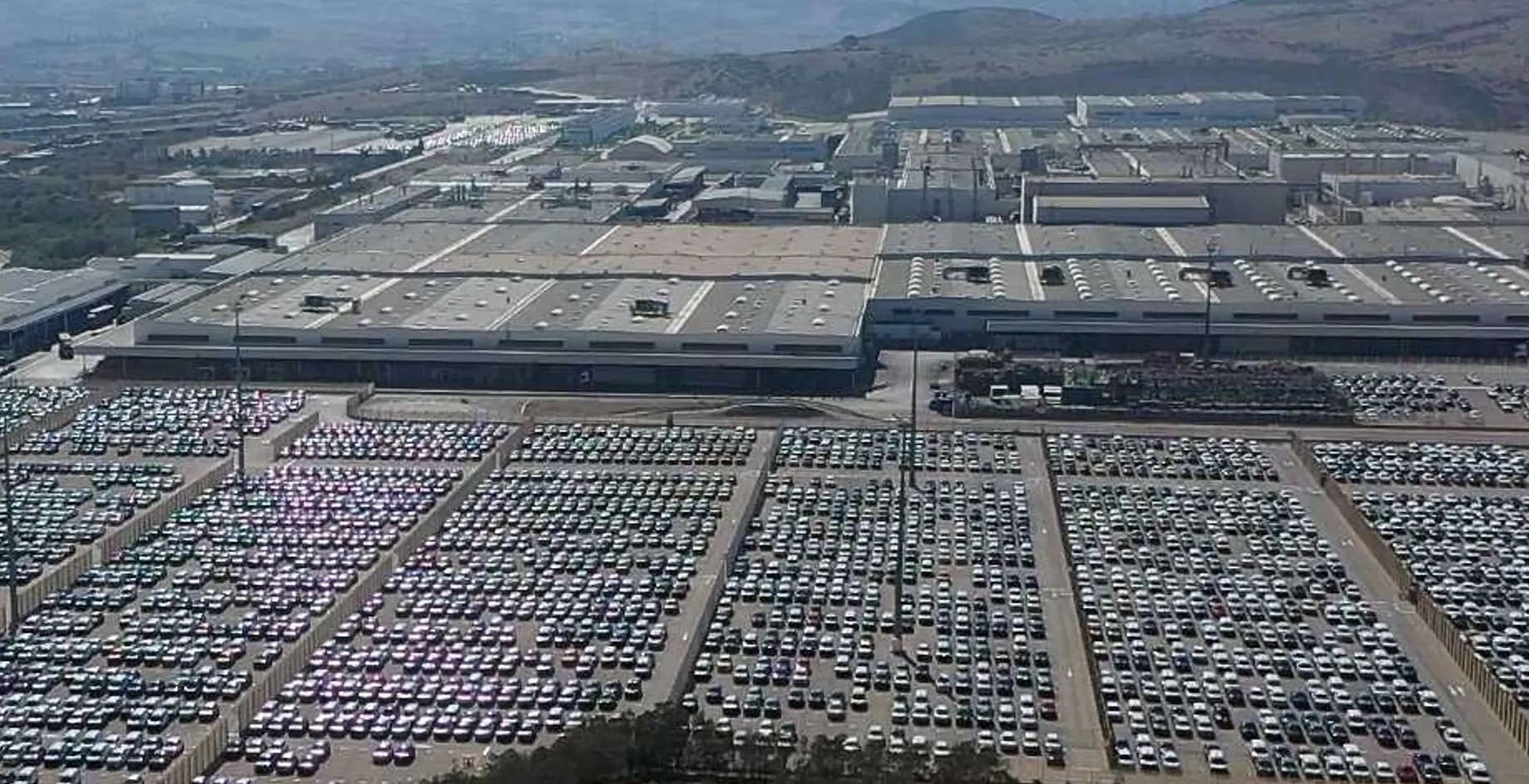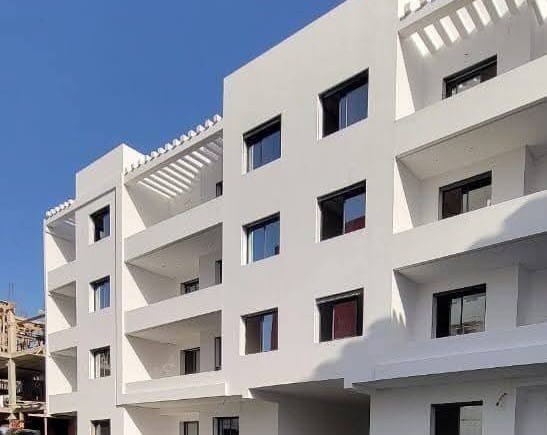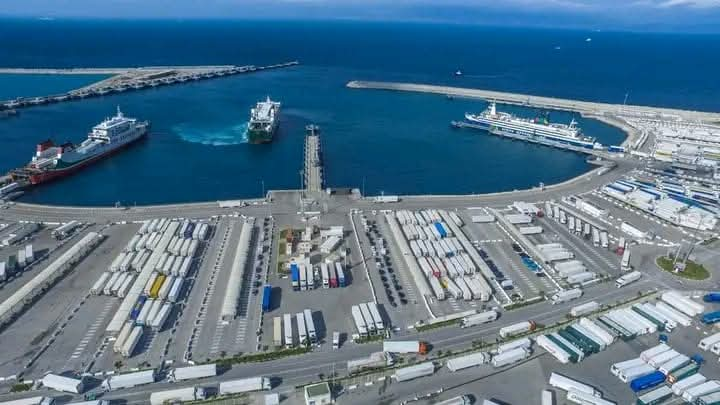Casablanca – The electric vehicle (EV) market in Morocco has made significant strides in 2023, with a notable increase in market share despite facing substantial challenges. The sector, which includes both fully electric vehicles (BEVs) and plug-in hybrids, saw its market share rise by 50% to reach 0.6%. However, this growth still falls short compared to European markets, where EVs represent approximately 47% of total car sales.
Steady growth and expanding options
In 2023, Moroccan sales of electric vehicles doubled, reaching 463 units. This increase is largely attributed to a broader range of available options, with the number of brands offering EVs growing from 18 to 24, and the number of models expanding from 71 to 82. This diversification has played a key role in the growing appeal of EVs among Moroccan consumers.
Fully electric vehicles continue to dominate the market, representing all 463 units sold. Government incentives, including tax exemptions and financial support, have been instrumental in promoting the adoption of EVs. These measures have made electric vehicles more accessible, though high costs and limited public charging infrastructure remain significant barriers to wider adoption.
Challenges and opportunities
Despite the positive growth trajectory, the Moroccan electric vehicle market still faces several challenges. The relatively high cost of EVs, although decreasing, remains a major obstacle for many potential buyers. Additionally, the lack of a comprehensive public charging network poses a critical challenge, particularly in areas outside major urban centers. While some progress has been made with new charging stations, the infrastructure is still insufficient to support widespread adoption.
The Moroccan government has recognized these challenges and has introduced various incentives to encourage the growth of the electric vehicle sector. However, experts argue that the impact of these incentives will be limited until charging infrastructure is expanded significantly.
Looking ahead: Optimistic projections for 2024
Looking ahead to 2024, there is cautious optimism for the Moroccan electric vehicle market. The anticipated expansion of charging networks and the introduction of more affordable models are expected to drive further growth. Automakers are preparing to launch competitively priced electric vehicles, which could make them more appealing to a broader audience.
However, several obstacles remain. Access to financing for EVs continues to be challenging, particularly due to stringent banking requirements. Additionally, public awareness of the benefits of electric vehicles is still developing, which could impact adoption rates. The AIVAM report emphasizes the need for increased efforts from both government and private sectors to address these issues.
Other market trends
In addition to the electric vehicle market, other segments of the Moroccan automotive industry have shown dynamic trends. SUVs continue to be a dominant segment, with a nearly 7% growth, reflecting their popularity for their versatility and comfort. Compact cars also saw a significant 17% increase, driven by demand from rental companies and urban consumers seeking a balance of performance and practicality.
The Moroccan automotive market exhibited modest growth in 2023, with total sales reaching 161,504 units, a slight increase of 0.1% from 2022. This reflects ongoing economic challenges, including rising prices and volatile household incomes, which have influenced overall demand. Despite these hurdles, certain segments continue to show strong potential for growth, indicating a resilient market with opportunities for further development.
















